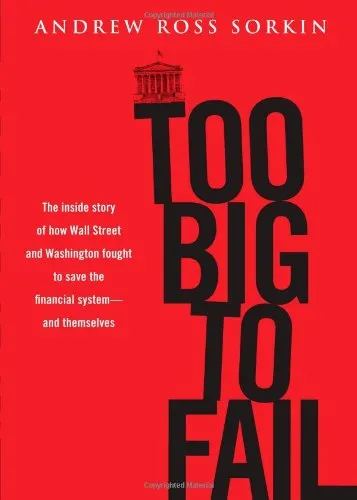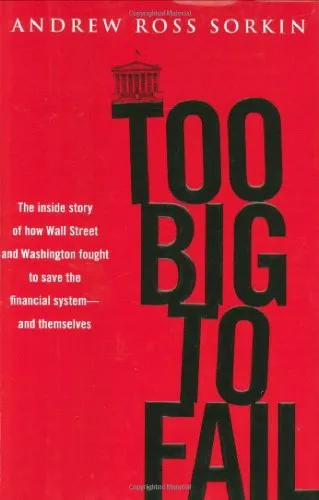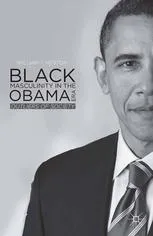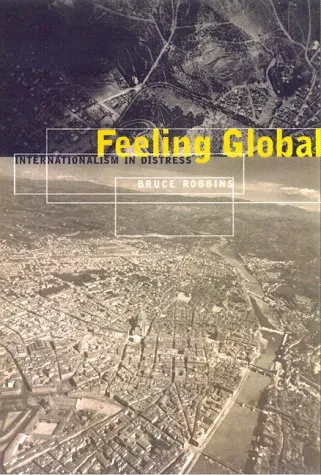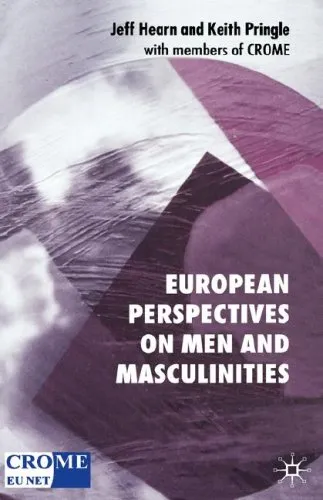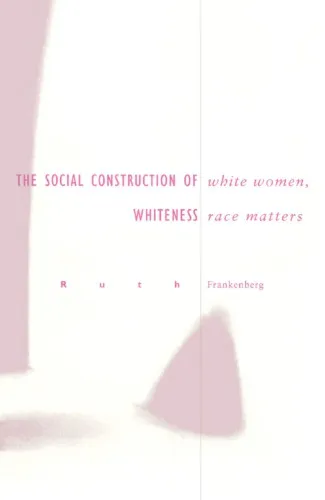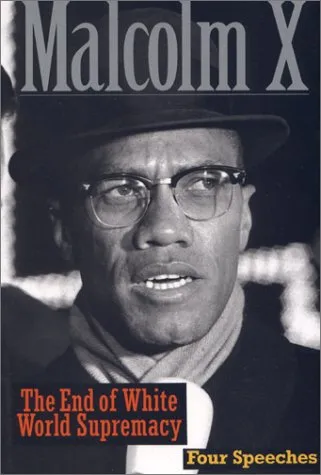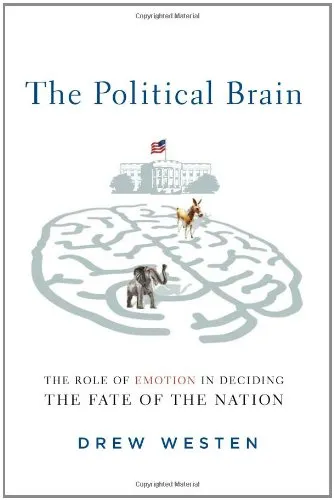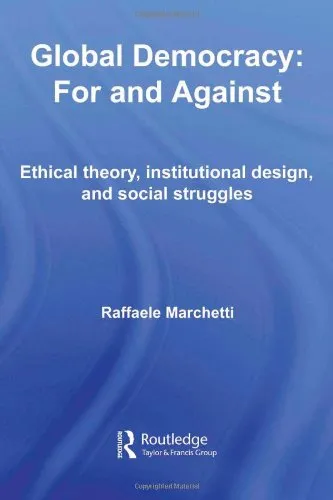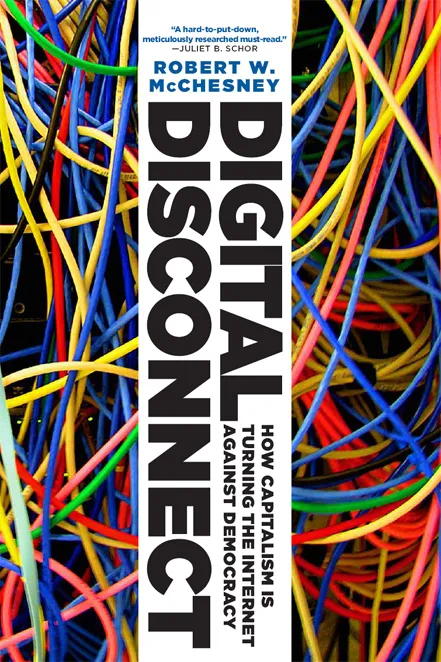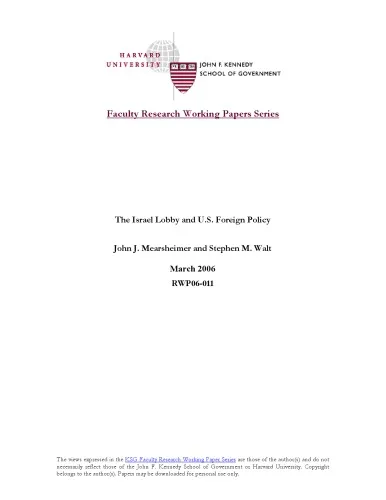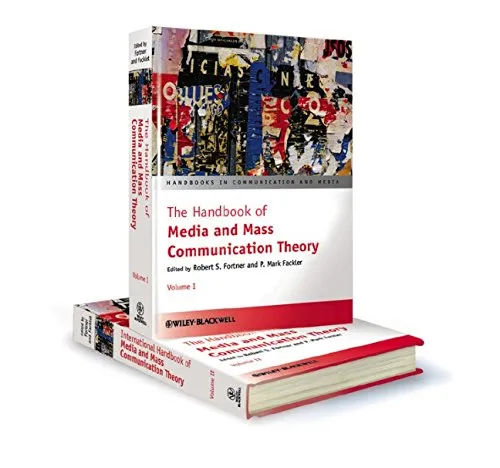Manly states: masculinities, international relations, and gender politics
4.3
Reviews from our users

You Can Ask your questions from this book's AI after Login
Each download or ask from book AI costs 2 points. To earn more free points, please visit the Points Guide Page and complete some valuable actions.Related Refrences:
Welcome to an insightful exploration of power, gender, and politics with "Manly States: Masculinities, International Relations, and Gender Politics". In this book, I delve into the intersections of masculinity and the discipline of International Relations (IR), where gender has often been overlooked despite its profound influence on global politics. By drawing on feminist theory, critical masculinities studies, and the foundational principles of IR, this work reimagines how we understand the systems of power that govern our world.
Detailed Summary of the Book
The book challenges the longstanding gender neutrality purported in the field of International Relations, demonstrating how masculinity, especially specific hegemonic formulations of masculinity, have been foundational to the discipline's evolution. Modern IR developed alongside a worldview that normalized the dominance of 'manly' traits such as strength, control, rationality, and aggression. These qualities, often associated with toxic or hegemonic masculinities, subtly informed the creation of policies, state behaviors, and institutional designs that have both reflected and reinforced patriarchal values in global politics.
In the first section of the book, I dissect the traditional notion of the state as an inherently masculine entity, examining its reliance on militarism, protectionism, and hierarchical power dynamics. By linking these structures to cultural representations of masculinity, I demonstrate how the state enforces a gendered identity through its practices.
Further into the book, I explore the relationship between individual masculinities—men as political actors—and the macrocosm of state behavior. This connection reveals how gender operates not only at a personal level but within the systemic constitution of nation-states, influencing issues as diverse as foreign policy, security frameworks, and global conflict narratives.
Finally, I consider what shifting these masculinized paradigms might mean for the future of international relations. Would a focus on cooperation, inclusion, or traditionally feminized traits, such as care and empathy, reshape the structures of global diplomacy and conflict resolution? These questions challenge not only practitioners and scholars of IR but also the wider public to reconsider the ways gender influences their understanding of global systems.
Key Takeaways
- Masculinities are deeply embedded within the foundations of international relations, shaping how states act and interact.
- Hegemonic masculinity has historically aligned with values like aggression, domination, and control, impacting global power structures.
- By analyzing gender politics, we can uncover biases within traditionally patriarchal disciplines like International Relations.
- Understanding the intersections of gender and state behavior opens the door to rethinking global diplomacy and conflict resolution.
- The book advocates for a more inclusive, multi-dimensional approach to international relations that considers traditionally marginalized perspectives.
Famous Quotes from the Book
"The state often mirrors the archetype of the ‘manly provider’ or ‘protector,’ while rejecting anything that might signify fragility or dependency."
"While International Relations prides itself on objectivity, the discipline itself has been shaped by gendered assumptions that remain unquestioned."
"To analyze the state is to analyze masculinity and its pervasive role in defining power and strength on a global scale."
Why This Book Matters
As global institutions grapple with crises of legitimacy, power imbalances, and systemic inequities, understanding the gendered foundations of these institutions becomes critical. "Manly States" offers a profound contribution to this understanding by merging feminist theory with international relations, areas that have often been viewed as distinct. It underlines why those working in academia, policy-making, or activism must consider gender as more than a peripheral issue—it is a central force shaping every layer of global structures.
This book brings a much-needed feminist lens to a field that has often resisted such inquiries, challenging readers to think beyond conventional paradigms. It is not only a critique of existing systems but also a call to action, urging scholars and policymakers to re-examine their roles in perpetuating harmful hegemonic masculinities. Moreover, it paves the way for alternative frameworks that better reflect the diverse and intersecting identities at play in global politics.
At its heart, the book matters because it centers the conversation on humanity. By rethinking IR through gender politics, I offer a pathway to more equitable and sustainable approaches to global governance, security, and peace. This perspective is vital as we envision a world that values cooperation over dominance and inclusivity over exclusion.
Free Direct Download
You Can Download this book after Login
Accessing books through legal platforms and public libraries not only supports the rights of authors and publishers but also contributes to the sustainability of reading culture. Before downloading, please take a moment to consider these options.
Find this book on other platforms:
WorldCat helps you find books in libraries worldwide.
See ratings, reviews, and discussions on Goodreads.
Find and buy rare or used books on AbeBooks.
1534
بازدید4.3
امتیاز0
نظر98%
رضایتReviews:
4.3
Based on 0 users review
Questions & Answers
Ask questions about this book or help others by answering
No questions yet. Be the first to ask!

